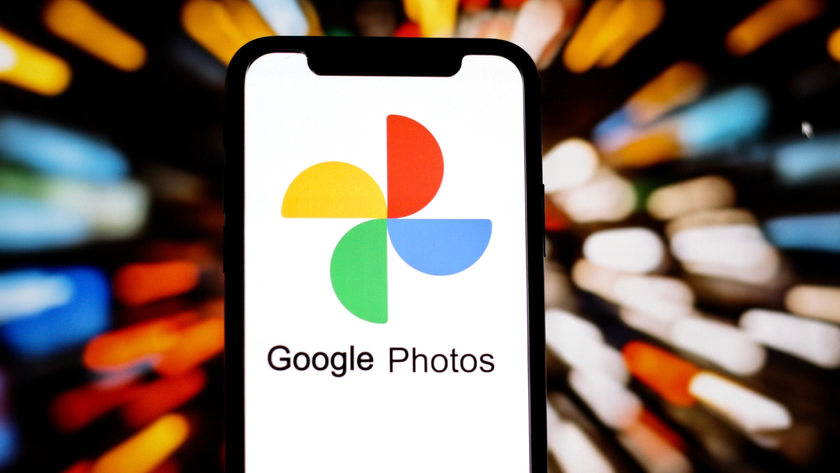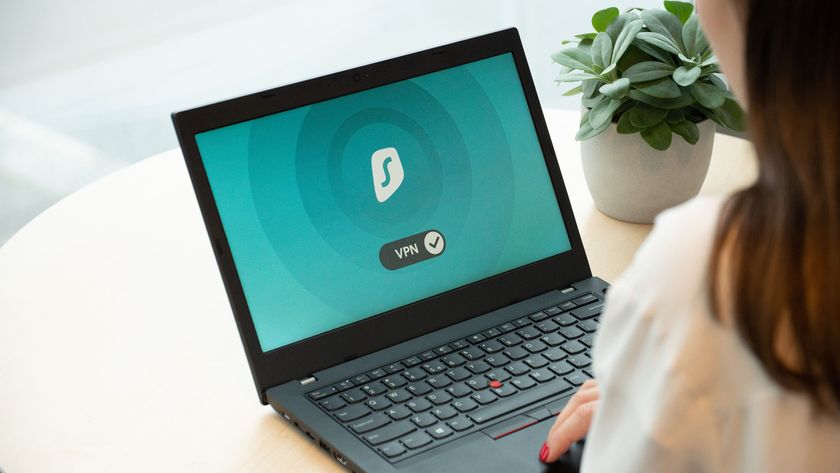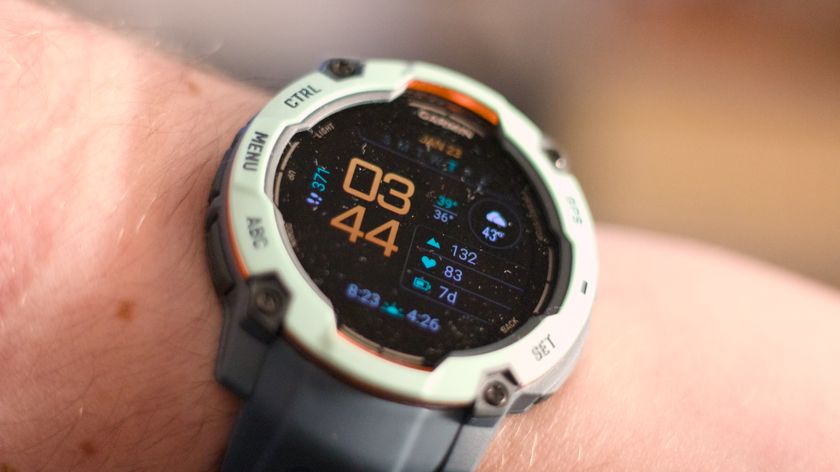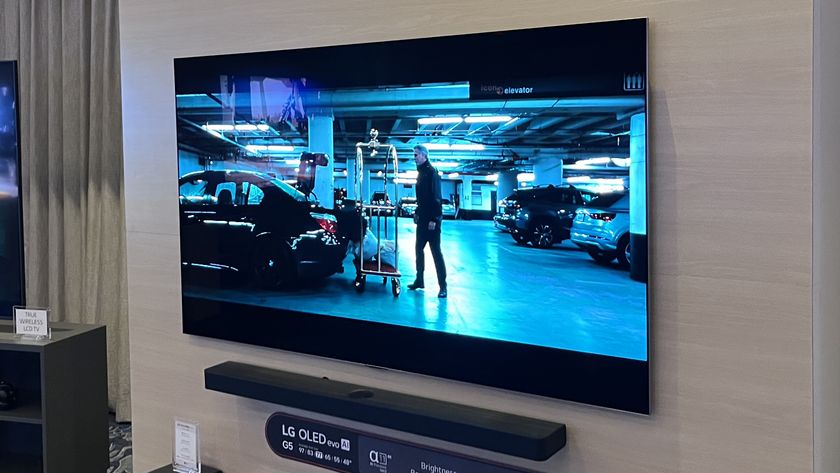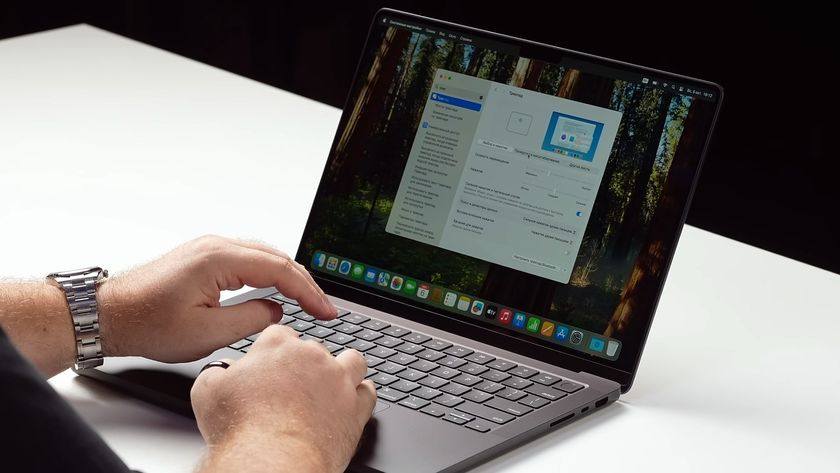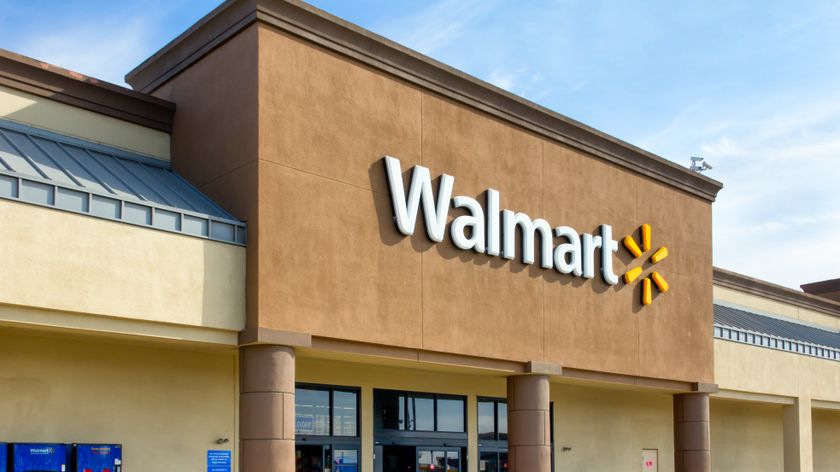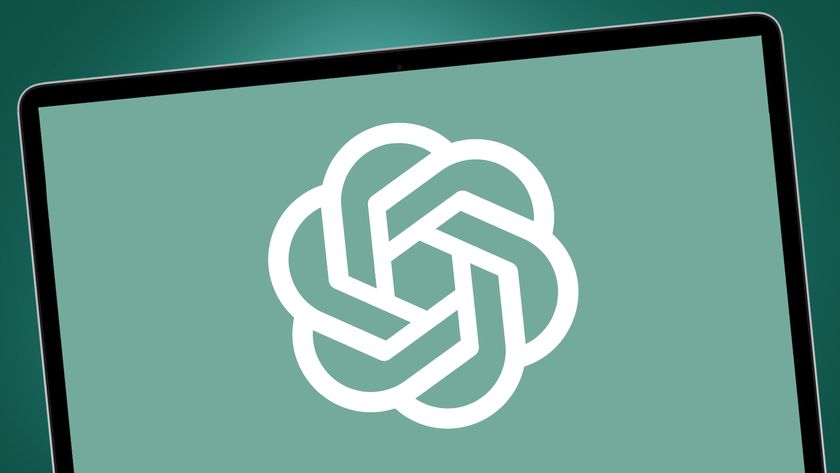Another online pirate, ‘Jalfrezi’ (again, real name withheld) told us: “I download mostly movies and TV episodes, but almost no music and software. I can just listen to music over web radio for free, and I’m fed up of downloading games just to find out they’re boring. If I do watch TV it’s either in the form of a series – downloaded or on DVD – or the BBC iPlayer.”
In other words, convenience is at least as important as getting the content for free. TV companies are now starting to offer their content online, such as Channel 4’s 4oD and the new ITV.com site which came fully online in the middle of 2007.
A number of hit American shows are available on iTunes, such as Lost, 24 and Desperate Housewives. But all of these are highly restrictive next to a movie file you can copy (or re-encode) to any device you want, or streaming video you can watch on any Internet-connected computer.
Private sites
Although plenty of video is widely available from the mainstream openly accessible BitTorrent sites, the structure of piracy hasn’t changed radically since the early days. Top of the tree, where the most exclusive files appear first, are still the private FTP sites.
The BitTorrent websites with the most illicit, high quality content are also by invitation only. A member needs to achieve a certain ‘ratio’ of uploading to downloading before they can invite others.
But the rewards of membership can be enormous, and the service available well beyond the hit-or-miss that users of public P2P networks like Kazaa will be used to. “Hdbits is sick, usually maxes out my connection within about 20 secs of selecting a torrent,” explains Tarquin, in reference to the invitation-only torrent site HDBits.org.
Get daily insight, inspiration and deals in your inbox
Sign up for breaking news, reviews, opinion, top tech deals, and more.
The site is capable of download speeds of 4GB an hour, or at least 2-3GB an hour. “You can get a 720p, medium quality version of a US TV show in about 20 minutes, and they’re usually up within six hours of airing."
Sky’s HD service is being ripped, while HD DVD and Blu-ray content is also readily available. Both HD-DVD and Blu-ray were cracked back in January 2007 by a hacker known as Muslix64.
Blu-ray discs with BD+ security proved a little harder to rip, but even this extra level of security fell to the cracker’s ingenuity back in November 2007.
Future theft models
All content protection systems, including the draconian hardware-based DRM schemes looming on the horizon, will inevitably be cracked.
Traditionally, content owners only controlled the means of producing and reproducing content. Now they see the need of controlling the act of consumption as well – how and where you watch or listen – to maintain or even increase their profits.
Online piracy is where the fight against that control is taking place. The writers’ strike in the US was about the same issue, but from a different perspective – content distribution companies have been refusing to share the profits from new online channels with writers.
For now, content owners continue to take the ‘big stick’ approach to piracy, trying terror tactics to discourage both websites and users. And decoy files containing false or broken content continue to be seeded into P2P systems, to frustrate downloaders.
However, realising the true nature of the threat is one thing. So far, too little has actually been done to provide services which are at least as convenient as what is available from BitTorrent and streaming sites.
“If I had the choice to watch ad-supported video, direct from the publisher, I would,” explains Jalfrezi. “Until that choice appears, or one like it, I’ll just keep on taking it for free.” In other words, until the legal alternatives get as easy and non-restrictive as the illegal ones, piracy is here to stay.
The full version of this article is published in PC Plus magazine, issue 268.



